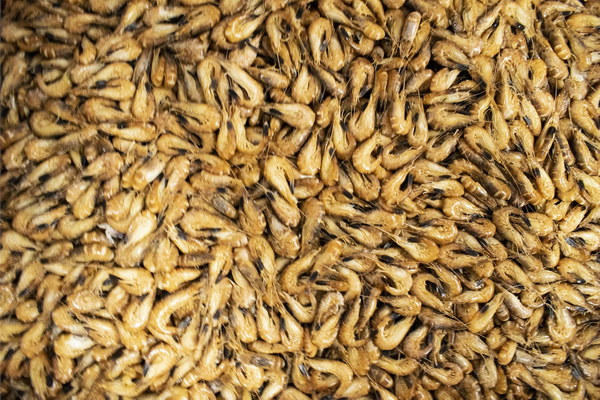Caring for a Kitten Essential Tips for Liver Health
Introduction:
As kitten owners, it's crucial to prioritize the health and well-being of our adorable pets. One of the most important aspects of maintaining a kitten's overall health is ensuring their liver functions optimally. The liver is responsible for detoxifying the body, metabolizing nutrients, and producing bile. By following these essential tips, you can help your kitten maintain a healthy liver throughout their life.
1. Provide a balanced diet:
A well-balanced diet is the foundation of good liver health. Ensure your kitten is consuming a high-quality kitten food that meets their nutritional needs. Opt for a diet rich in protein, healthy fats, and essential vitamins and minerals. Avoid feeding your kitten human food, as some ingredients can be harmful to their liver.

2. Regular veterinary check-ups:
Regular veterinary visits are essential for monitoring your kitten's health, including their liver function. Your veterinarian can conduct blood tests to check for liver enzymes and identify any potential issues early on. Early detection of liver disease can significantly improve the chances of successful treatment.
3. Manage weight:
Excess weight can strain the liver and increase the risk of developing fatty liver disease. Keep an eye on your kitten's weight and ensure they are not overeating. Provide fresh, clean water at all times and limit their access to food if necessary. Regular playtime and exercise can also help maintain a healthy weight.
4. Avoid toxic substances:
Some household items can be harmful to your kitten's liver. Keep cleaning agents, pesticides, and other toxic substances out of reach. Additionally, be cautious when introducing new foods or medications to your kitten, as certain substances can cause liver damage.
5. Hydration:
Proper hydration is essential for liver health. Ensure your kitten always has access to fresh, clean water. Dehydration can lead to complications in the liver, so it's crucial to keep them well-hydrated.
6. Limit exposure to toxins:
Toxins such as lead, mercury, and certain medications can be harmful to your kitten's liver. Keep your home environment free of these toxins and avoid giving your kitten any medications not prescribed by a veterinarian.
7. Monitor for signs of liver disease:
Keep an eye on your kitten for signs of liver disease, such as vomiting, diarrhea, jaundice (yellowing of the eyes, gums, and skin), loss of appetite, and increased thirst. If you notice any of these symptoms, consult your veterinarian immediately.
8. Provide a stress-free environment:
Stress can negatively impact your kitten's liver health. Ensure they have a comfortable, safe space to rest and relax. Avoid exposing them to loud noises or aggressive pets that may cause stress.
Conclusion:
Maintaining your kitten's liver health is crucial for their overall well-being. By providing a balanced diet, regular veterinary check-ups, and a stress-free environment, you can help your kitten live a healthy, happy life. Always consult with your veterinarian if you have any concerns about your kitten's liver health or if you notice any signs of illness.









